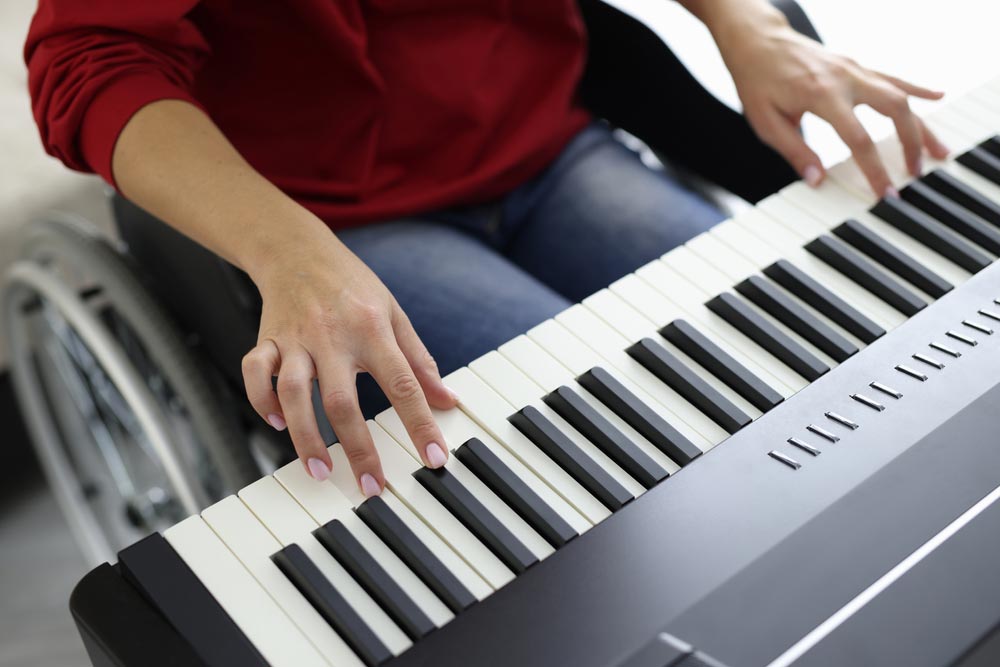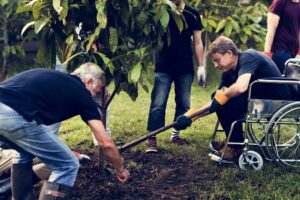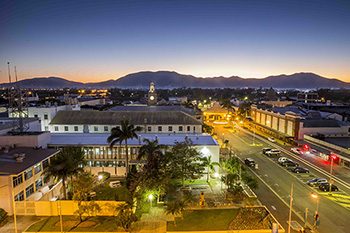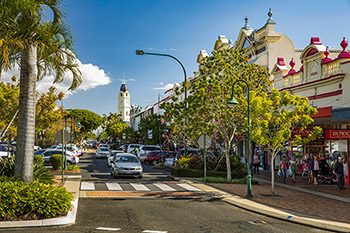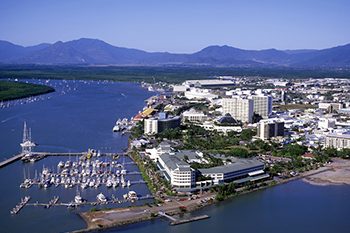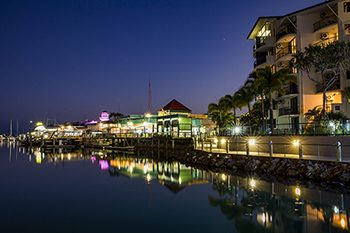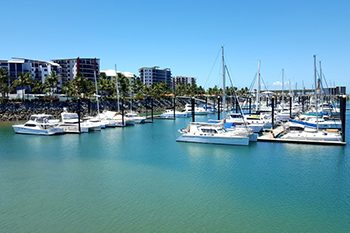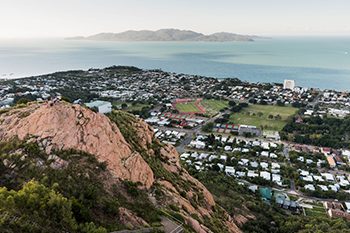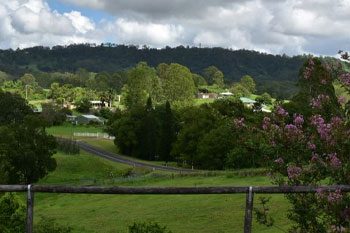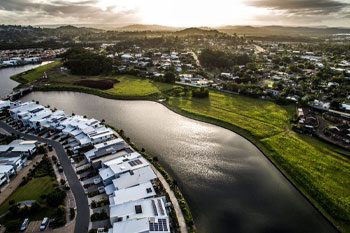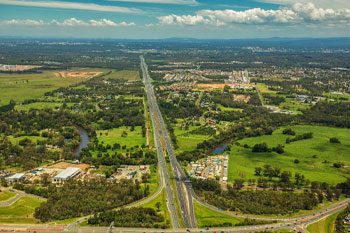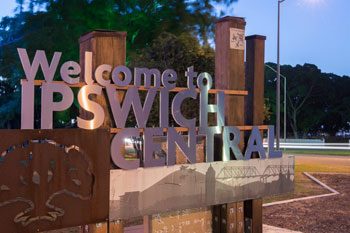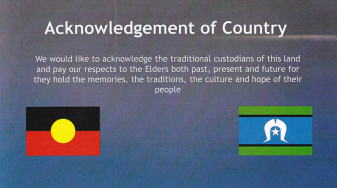Living with a disability often presents unique challenges, especially when it comes to staying socially active. However, the importance of social participation and civic duties transcends physical or mental barriers.
Historically, being part of a community has been integral to human existence, offering a sense of belonging, purpose and fulfilment. For individuals with disabilities, engaging in social activities is not just a leisurely pursuit; it’s a vital component of their overall well-being. In this blog, we’ll explore practical tips for staying socially active.
1. Discovering Personal Interests in Social Activities
The journey to staying socially active begins with identifying activities that spark your interest. It’s about finding joy in pursuits that resonate with your personality and preferences. Whether it’s painting, dance class or chess, there’s a range of activities waiting to be explored.
Identifying Your Passions
Start by reflecting on what brings you joy and excitement. Consider past hobbies or new interests you’ve wanted to explore. This self-reflection is the first step towards finding activities that you’ll not only enjoy but also look forward to.
Experimenting with Different Activities
Don’t hesitate to try out various activities. Attend workshops, join local clubs or participate in community classes. Experimenting with different activities allows you to broaden your horizons and might lead you to discover a hidden passion or a newfound hobby.
2. Building Community Connections Through Inclusive Events
Inclusive events play an important role in building community connections. These events are designed to be accessible to all, ensuring everyone can participate and engage. Attending such events may open doors to meeting diverse groups of people, fostering a sense of belonging and community spirit.
These gatherings range from cultural festivals and art exhibitions to sports events and community workshops. They not only provide a platform for social interaction but also promote understanding and inclusivity within the community. Participating in these events might help you form meaningful relationships, enhance social networks and contribute to a more inclusive society.
3. Empowering Choice in Social Participation
Empowerment in social participation comes from the ability to make choices about the activities you engage in. This autonomy is important for building confidence and a sense of control over your social life:
- Explore: Look for local clubs or groups that align with your interests. Whether it’s a book club, a gardening group or a photography society, there’s a community for various interests.
- Virtual Communities: If physical participation is challenging, online communities can be a great alternative. They offer the flexibility and comfort of engaging from your own space.
- Special Events: Keep an eye out for events designed for individuals with disabilities. These events are not just about accessibility but also about understanding and catering to unique needs.
4. Finding Local Activities for Diverse Abilities
Every community has activities designed for diverse abilities. These activities range from adaptive sports programs to accessible art workshops. They are not just about participation; they’re about excelling and enjoying an environment that understands and accommodates different abilities.
Activities That May Offer Fulfilment and Contribution
This could involve volunteer work or contributing to community-driven projects. Such activities may not only provide a sense of achievement but also help in building a positive self-image and a community presence.
5. Utilising Support Services for Civic Engagement
Support services are invaluable in facilitating civic engagement. They provide the necessary assistance and might make it easier for individuals with disabilities to actively participate in their communities:
- Assistance Programs: Look for local organisations that offer assistance in participating in civic duties. These could include support in understanding civic processes or providing necessary accommodations.
- Transportation Services: Ask about transportation services that can help you travel to and from events or activities.
- Volunteer Pairing: Some programs may pair volunteers with individuals who need support to provide a safe and enjoyable participation experience.
6. Establishing a Routine in Social Activities
A routine may help build relationships and provide a sense of stability and predictability, which can be comforting. This could involve setting aside specific days for community events, weekly meet-ups with a hobby group or regular participation in a local workshop or class. Establishing a routine may also help manage time and energy to ensure social activities are enjoyable and not overwhelming. Consistency in social engagement may not only contribute to strengthening community ties but also fostering a sense of belonging and purpose.
Disability Support Services in Bundaberg
At Point Care, we can support you in your journey towards social participation and fulfilling civic duties. If you’re in Bundaberg and looking for a supportive partner in navigating social activities, we are here for you. Our team cares about your social well-being and community involvement. Reach out to us today to discover how we can assist you in your social life and civic participation.

